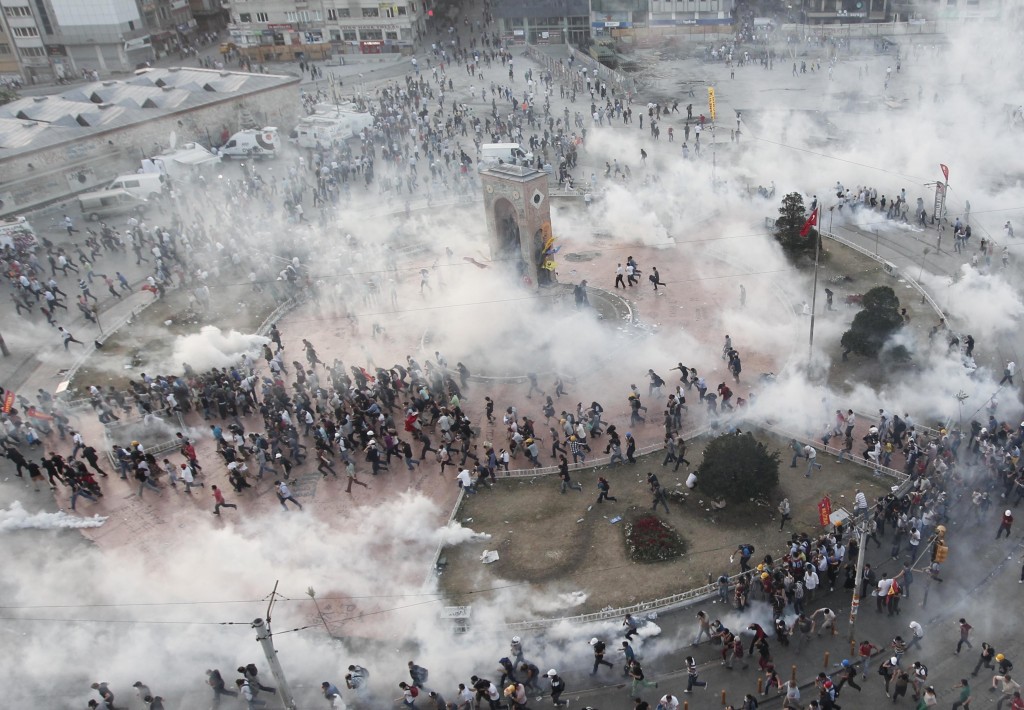Cairo-It is no secret that the Turkish economy suffered a turbulence on Friday night on the level of foreign exchange markets’ trading and the aviation flights, as a direct effect of the attempted coup. Yet, the government continues to enact reforms that shall ease this influence.
Turkish Lira has dropped to the lowest rate since eight years after the Turkey’s army announced taking over the administration; the lira dropped up to 6% before it closes at around 4.6% amid intensive purchases that have not been witnessed since 2008.
Before the coup, Turkey was the second best performing stock market in Eastern Europe in 2016, with a 15% rise following Kazakhstan with a 20% increase. Furthermore, Turkey is the ninth best performing stock market internationally and it tops all the advanced markets.
The World Bank issued a report on Friday, revealing that the GDP growth slowed down in Q1 2016 compared with same period in 2015 due to decrease of net exports and slump of inventory build-up.
Turkey imports grew faster than Turkey exports as a result of increasing domestic consumption, revealed the report, thus negatively affecting the economy. Other reasons that influenced the economy were the security matters and the slump of tourism following the Russians sanctions. The report continued that inflation is forecast to increase in H2 2016.
In its first economic survey of Turkey since 2014, the Organisation for Economic Co-operation and Development said that the government in Ankara must boost the country’s low domestic savings rate, strengthen the rule of law and fight corruption.
The report said Turkey’s gross domestic product would rise by 3.9% this year and 3.7% in 2017. The economic growth in Turkey is strong despite the negative conditions in the past two years, added the report. Examples of tough conditions are the interior security risks, surge of refugees and degradation of trade relationship with Russia.
